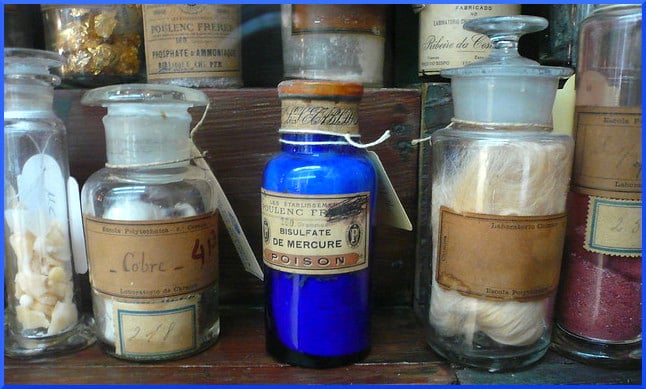
Scientists have speculated on the existence of as many as 14 basic tastes, and there is plenty of room for discussion about the claims. Salt, however, is indisputable, classic, and primal.
The fact that a salting process can preserve food is too often overlooked. But if not for salt, human history would be very different. In the old days, nobody had refrigerators, and most did not have ice or the resources to do proper canning. By necessity, everyone’s eating pattern was alternating feast or famine, what we would now call binging and fasting, and they had no choice about it.
Salt was a “silver bullet,” a super-powered entity in tangible form, the miracle substance that fills a vital need and saves the day. The ability to keep meat until later was a massive technological advance. The catch-as-catch-can existence could even out into a more reliable schedule. People could give attention to more progressive agendas than just feeding themselves.
Salt and bliss
And yet, salt has a bad reputation for a number of reasons, some of them medical. Among those who wish to end obesity, the truism that eating inspires bliss is not a recommendation. If food can produce bliss, people will eat lots of it. Usually, the kinds of food that engender the most bliss are the ones with the least nutritional value and the most harmful additives.
The problem with food additives, of which salt is one, is that they make food delicious, and that is not necessarily a good thing, because some people eat too much and grow obese. Dr. David Kessler has suggested that the “bliss point” is reached through the right combination of sugar, fats, and salt, and that Big Food deliberately uses this information to get people hooked on their concoctions.
This opens up all kinds of counter-possibilities, like genetically altering people so they do not react so avidly to sugar, fats, and salt. But in the here and now, salt is a substance that a person can cut down on with relatively little struggle. Experts say that after a period of salt abstinence, an abrupt return to the previous level of use will cause physical revulsion. Still, tolerance always gradually rebuilds.
Bitter taste
Chemically speaking, the bitter receptor detects bases, or alkaloid substances, which is useful to prevent accidental poisoning. We have seen that taste receptors can be present in locations other than the mouth, but who would have guessed that roughly half of a human body’s allotment of bitter taste receptors are on the heart?
They are also found in the stomach, urethra, and trachea, and have the ability to activate the immune system against such things as parasitic worms. A mouse has even more bitter taste receptors in various locales, including the thymus, ovary, kidney, small intestine, and testis. Here are some interesting details:
The synthetic substance phenylthiocarbamide (PTC) tastes very bitter to most people, but is virtually tasteless to others; furthermore, among the tasters, some are so-called “super-tasters” to whom PTC is extremely bitter. This genetic variation in the ability to taste a substance has been a source of great interest…
Your responses and feedback are welcome!
Source: “Researchers find bitter taste receptors on human hearts,” MedicXpress.com, 05/04/15
Source: “About the Five Basic Tastes,” ScienceOfCooking.com
Photo credit: rvacapinta on Visualhunt/CC BY

 FAQs and Media Requests:
FAQs and Media Requests: 











